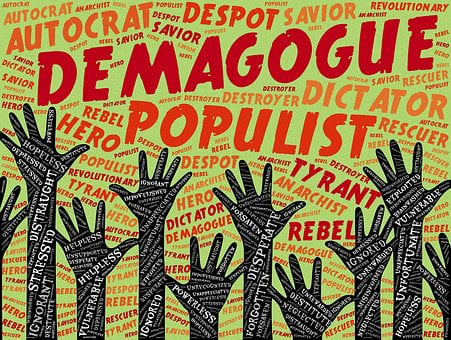
We resisted Napoleon. It took a while. We resisted Hitler. It took a while. We are resisting Putin. It’s taking a while. And there are countless others.
Is there something that we can understand that makes these people the way they are? Or are they just complete psychopaths? Is that a mental illness?
Working on this project has enabled me to form an opinion about Hitler. This is just an opinion but it is reasonably well informed.
· He was a frustrated artist.
· He was bullied and abused by his step-father.
· He saw himself as a martyr when he was imprisoned though his contacts on the outside and the inside made sure his stay wasn’t too uncomfortable.
· He really believed in a master race and that he was destined to establish its supremacy.
· He believed Germany was ill-treated after the outcome of the Great War.
· He brought some hope and unity to a country that was suffering.
· He was a figurehead behind whom a much deeper evil existed.
· He wasn’t very bright.
· There was a slight trace of Jewishness in him and he was afraid of that.
· He was very good at making speeches and could incite mass hysteria.
· His gentler side: he was a vegetarian and towards the end he would rather train his dogs than work on military strategy.
So, my impression of Putin:
· He’s more intelligent than Hitler.
· He is a psychopath and a megalomaniac.
· He has a belief that the Ukraine is the home of Russian history. He loves the Ukraine. Or this may just be the way he spins it.
· He may be ill and therefore may want to make a point before he dies.
I always felt uneasy about the war in Iraq and in fact I’m one of the writers who contributed to Lines in the Sand, the protest / charity book put together by writers who objected to the war. It was so disappointing as I’d been quite impressed with Blair’s government up until then. Double whammy: it was actually his government that stopped compulsory language learning in schools. Yet fast forward a few years and I overhear one of my academic colleagues arguing that it was a positive that we had rid ourselves of Saddam Hussein. Perhaps he was right. My concern anyway about the war in Iraq was how other countries condemned us for it and how the United Nations was divided. I was also worried about how it was harming civilians. That is always the problem with war.
“Hasn’t anybody got Putin yet?” I ask at regular intervals. I’m convinced that if someone did that would be the end of it. There is the fear though that others would just take over the cause. Though if Hitler really did take his own life in the bunker there was little evidence that the powers behind him carried on after his death though who knows actually what is behind the new wave of fascism that’s on the rise in the world. And getting rid of Hussein did not lift all threats.
And if someone did get Putin what would we do with him?
I’m against capital punishment. We do not have the right to take another human life in peace time other than in self-defence. In any case, life-long imprisonment is more of a punishment though it costs the tax-payer more.
So, we carry on walking on egg-shells around Putin. He seems deranged enough to be too trigger happy with a certain red button. My mother-in-law always used to say that the nuclear threat wasn’t form the Soviet Union. The Cold war was taking care of that; it was if some crack-pot got hold of a nuclear weapon. Oh, the irony!
